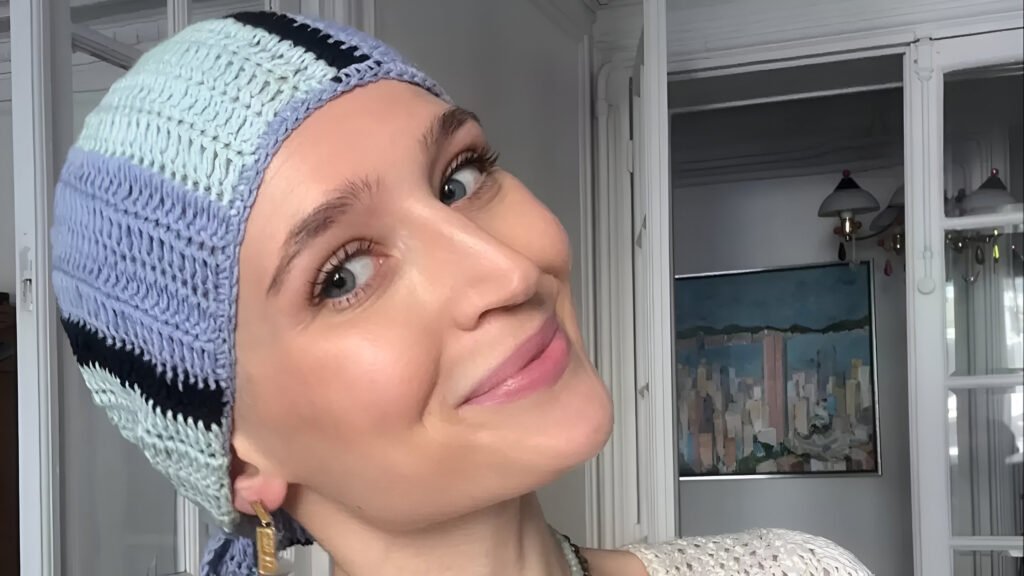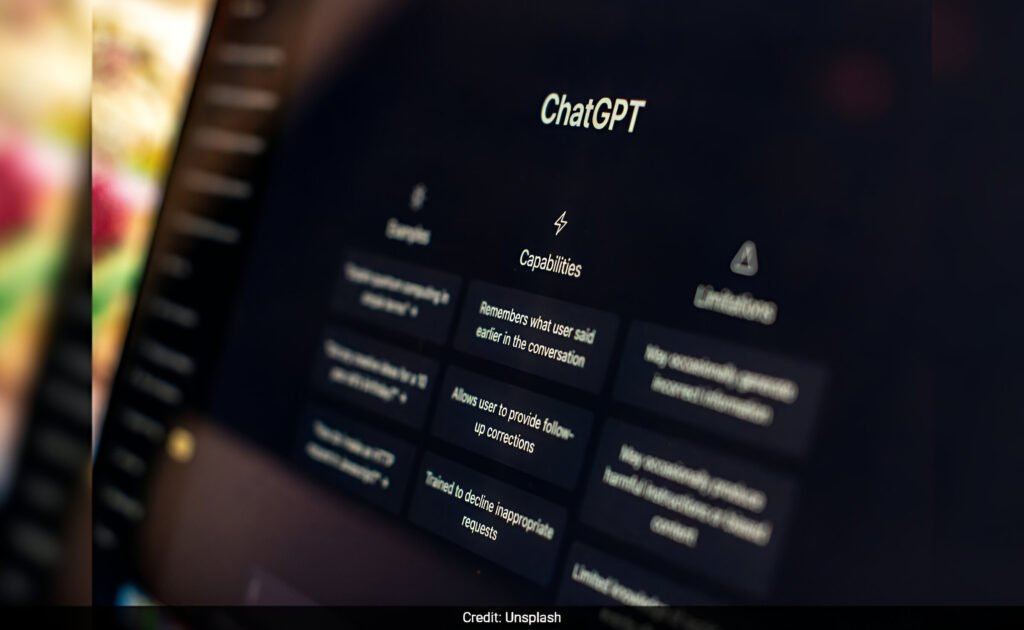
One North Carolina mother’s wild health journey shows both the promise and risks of turning to tech when doctors don’t listen. Her story might just change how we think about AI in medicine.
After doctors missed her symptoms, her ChatGPT consultation suggested blood cancer—before medical tests finally confirmed it.
When Desperation Drives Digital Diagnosis
Lauren Bannon knew something wasn’t right. Her body was sending signals no one seemed to take seriously. At 40, this North Carolina mom of two kept showing up at doctors’ offices with weird bruises, constant exhaustion, and infections that wouldn’t quit. Time after time, doctors patted her on the head (figuratively speaking) and basically told her, “That’s just mom life. Get more rest.”
Months passed. Multiple doctors. Same dismissive answers.
So Lauren did what many of us do when medical professionals won’t listen—she went online. But instead of falling down a WebMD rabbit hole, she typed her symptoms into ChatGPT. Yeah, that AI chatbot everyone’s been talking about.
“I was at my wit’s end,” she told reporters. “I literally just dumped all my symptoms into ChatGPT and asked what could be wrong.”
The response stopped her cold. Blood cancer. Specifically, the symptoms matched leukemia patterns. ChatGPT urged immediate medical testing.
The Year-Long Fight For Answers
You’d think doctors would pay attention when a patient shows up saying, “Hey, I might have cancer.” Nope.
Lauren brought ChatGPT’s suggestion to her next appointment. The doctor ran some basic bloodwork, glanced at the results, and sent her home. Again.
“They told me my iron was a bit low and to take vitamins,” she reported. “Nobody seemed worried, but I felt worse every week.”
For nearly a year, this back-and-forth continued. Lauren would drag herself to appointments, practically begging for deeper testing. Doctors kept finding “nothing concerning enough” to warrant specialist referrals.
Meanwhile, her mystery symptoms worsened. More bruises. Harder to climb stairs. Constant infections.
“My kids could outlast me any day of the week,” she recalled. “I knew moms get tired, but this felt wrong. Bone-deep wrong.”

The Diagnosis Nobody Wanted to Give
After pushing and pushing (and probably being labeled “difficult” in her chart), Lauren finally got referred to a hematologist who ordered comprehensive bloodwork and bone marrow testing.
The results? Chronic myeloid leukemia—exactly what ChatGPT had flagged ages ago.
“The oncologist looked at my history and couldn’t believe I’d been walking around with cancer for so long,” Lauren explained. “He said I’d probably had it developing for years.”
Treatment started immediately, but that lost year haunted her. “I kept thinking, what if I’d gotten someone to listen sooner? How much easier might treatment have been?”
The medical records showed early warning signs—slightly off white blood cell counts and borderline anemia markers. Nothing that screamed CANCER! but enough that, combined with her symptoms, should’ve raised flags.
People + Technology: Better Together
Look, nobody’s saying fire all doctors and replace them with chatbots. That would be nuts.
Medical experts examining cases like Lauren’s put it in perspective: “AI can process thousands of symptom combinations without getting tired or biased. But it can’t feel a spleen or hear a heart murmur or read a patient’s emotional state.”
What makes Lauren’s story important isn’t that AI replaced doctors—it’s that it gave her ammunition to advocate harder when human experts dropped the ball.
“ChatGPT didn’t cure me,” Lauren emphasized. “It just helped me push back against being dismissed. The real problem was doctors not listening to a mom.”
What This Means for Healthcare’s Future
Lauren’s story blew up online because it touches nerves about both healthcare access and AI’s growing role in our lives.
Medical professionals are split on the implications. Some worry patients will trust AI over trained doctors. Others see potential for tools that help patients advocate better.
“We’re entering uncharted territory,” as one doctor explained to media outlets. “These tools aren’t licensed medical professionals, but sometimes they spot patterns humans miss.”
For Lauren, now fighting leukemia with a decent prognosis (thank God), the takeaway isn’t about AI replacing doctors.
“Trust your body,” she said. “If doctors dismiss you and you know something’s wrong, keep pushing. Use whatever tools help you get heard—whether that’s bringing a spouse to appointments, getting second opinions, or, yes, consulting AI.”
As her story continues making waves across news outlets worldwide, it reminds us all that healthcare works best when technology amplifies human wisdom rather than replacing it—and when patients’ voices remain the loudest in the room.







